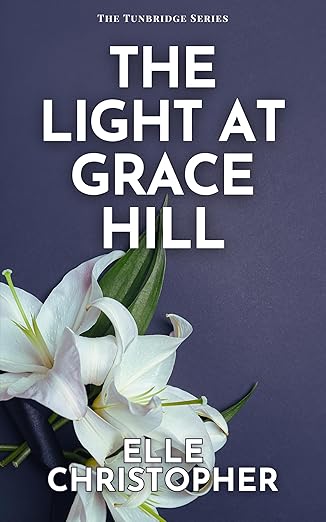The
saxophone is often pigeonholed by casual music fans. Many people consider the
instrument – invented in the middle of the 19th century – as
exclusively suited to jazz or pop music. In reality, the saxophone was
initially conceived as a classical instrument and has found many incredible
uses in classical pieces. The distinction between classical, pop, and jazz is
not as clear as you may think. There are plenty of examples of all three forms
bleeding into one another, which makes the distinction between them void in
many people’s eyes.
While
the saxophone is not part of the woodwind section in traditional Western
orchestras, many trailblazing composers have sought to find a place for the off
hybrid instrument that fits somewhere between brass and woodwind. In order to
illustrate the classical chops of the saxophone, here are 3 of the most famed
classical pieces that feature the instrument.
Debussy – Rhapsody For Alto
Saxophone
Claude
Debussy is often named as
the first (and most influential) impressionist composer. His works are instantly
recognizable and unbearably beautiful. Any person hearing Clare De Lune for the
first time cannot help but be moved at least slightly. Although best known for
his sonatas and nocturnes, he also composed rhapsodic music. Notably, for
saxophone fans, the great Debussy authored ‘Rhapsody For Alto Saxophone’ in
1911. As the alto saxophone is often the first sax picked up by beginners, many
students have attempted to master Debussy’s contribution to the classical
saxophone pantheon. If you are thinking of picking up the alto saxophone, check
out the online learning portal playsaxophone.net.
Vaughan
Williams – Symphony No 6
One of the most remarkable parts of Vaughan
Williams’ 1948 symphony is a beautiful saxophone solo. Critics claim Williams
was inspired to write the solo in response to the bombing
of the Café Du Paris, which killed a
fellow bandleader and composer during the war. Williams, of course, denied
having any direct inspiration, stating, ‘can’t a man just write a piece of
music’. Some critics have even pointed out that the arid landscapes painted by
Williams in the symphony may even represent a grim vision of post-nuclear
Britain. Williams was a thematically elusive man who kept his cards close to
his chest. What he did leave music fans with, however, was a highly effective
symphony. Vaughan Williams is one of the most well-loved of the 20th
century British classical composers.
Prokofiev
– Romeo And Juliet
Prokofiev’s ballet adaptation of William Shakespeare’s
well-loved tragedy had to be seriously revised before it could pass the
sensor’s working in the Soviet Union. However, since the initial stunted
release, it has been reimagined by many top composers and choreographers, and a
film version won the Palm d’Or at Cannes in 1955.
The score famously calls for the addition
of a tenor saxophone to the traditional instruments of the ballet. The tenor
sax pierces through the sound made by other instruments and creates a very
strong melodic identity throughout the piece.



0 Comments:
Post a Comment
"Pleasant words are as a honeycomb: sweet to the soul and health to the bones." Proverbs 16:24